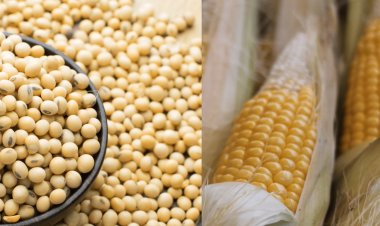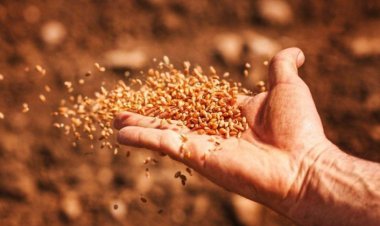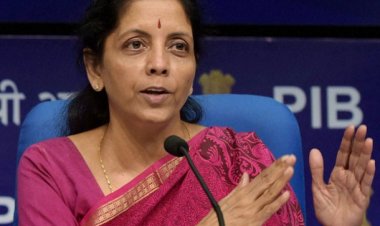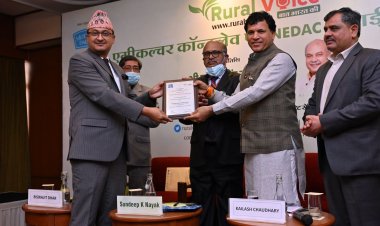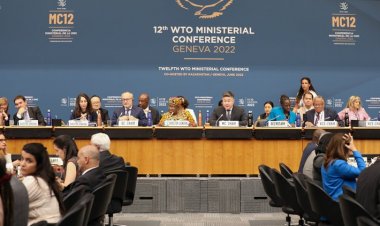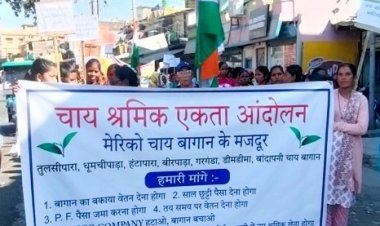Whether MSP is legalized or not, protection against price fluctuations is needed: Siraj Hussain
The topic for the first session of the Rural Voice Agriculture Conclave and NACOF Awards 2022 was “The rationale and basis for a ‘legal MSP’ and its implications — Role of central and state governments”. The participants were Prof. Ramesh Chand, Member, NITI Aayog; Sundeep Kumar Nayak, IAS, DG, NPC, Ministry of Commerce and Industry; Siraj Hussain, Former Secretary, Ministry of Agriculture, GoI; and Prof. CSC Sekhar, Professor, Institute of Economic Growth, and Member, MSP committee.
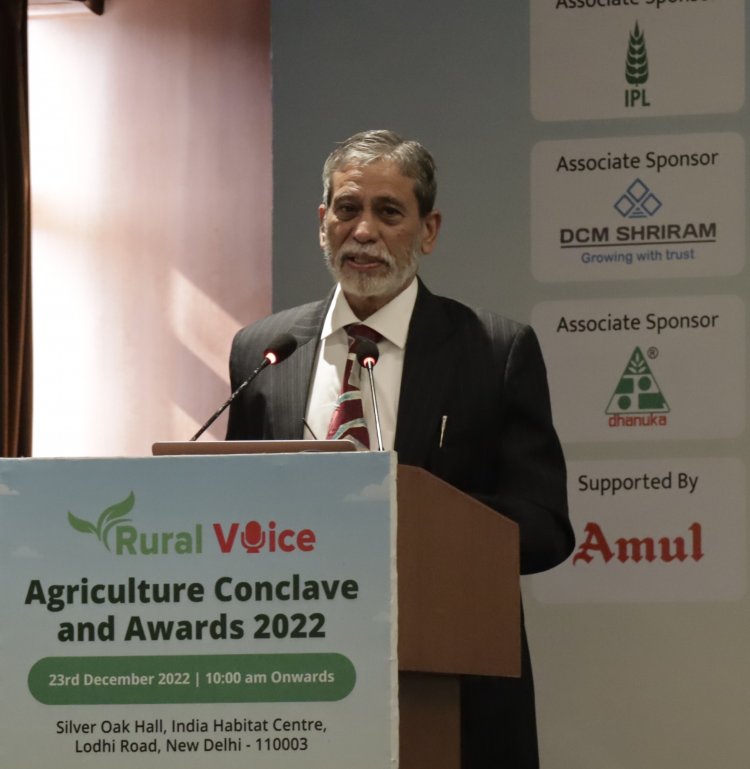
Minimum Support Price (MSP) is a complicated problem and legalizing it would entail a number of issues to be considered — financial, administrative, judicial, diplomatic, etc. There is also a need to explore options other than MSP to address the farmers’ problems. This is what the panellists felt at the session on “The rationale and basis for a ‘legal MSP’ and its implications — Role of central and state governments” at the Rural Voice Agriculture Conclave and NACOF Awards 2022 in New Delhi on December 23.
Siraj Hussain, Former Secretary, Ministry of Agriculture, began by saying that MSP was not too easy a problem with an easy solution. However, he pointed to two issues: “One, can our exim policy ensure that the landed price of any commodity is not less than MSP?” And two, “is it feasible that the govt not prohibit export at any point in time?”
According to Hussain, the basis for the demand for a legal MSP is that the farmers be protected against price fluctuations. He said that people had talked about price deficiency payments to address this issue, but this would be possible only when APMCs were “strong, well-documented and well-managed.”
Another aspect of the complexity of the problem, said Hussain, is that if you made MSP legal and came completely out of the global situation, the country would obviously become uncompetitive. This would raise umpteen demands from WTO (World Trade Organisation) and the global markets. He referred to how US Congressmen had recently written to their President, protesting the huge subsidies the Indian government gave. “It is only due to strategic considerations that they have spared dragging us into the dispute panel.”
It is due to the complications of the problem, said Hussain, that the issue has been left to the committee led by Sanjay Agarwal. And he did not believe that the committee would come up with a solution in the near future. Irrespective of the legalization of the MSP or the report being submitted, he felt, a decision will have to be made against the volatile fluctuations in prices.
Cooperatives closely linked to MSP: Sundeep Nayak
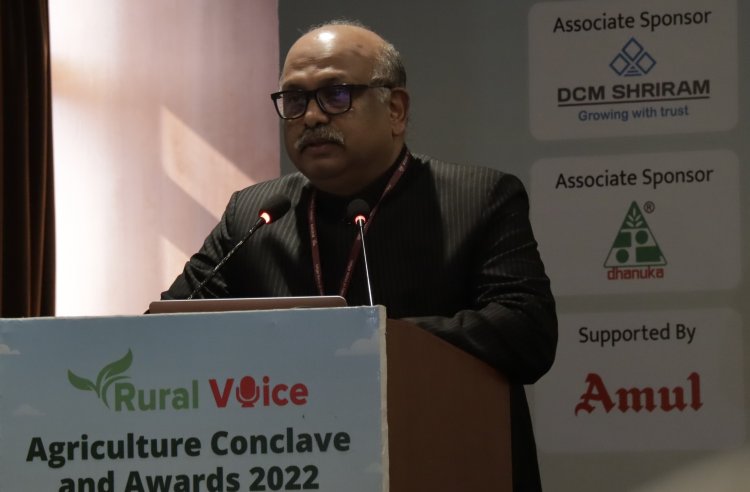
Sundeep Kumar Nayak, DG, National Productive Council, Ministry of Commerce and Industry talked about the relation between cooperation and MSP. He said, “94-95 per cent of the farmers in our country are members of one cooperative or another.” Productivity, credit, storage and market information are all closely linked to the issue of MSP. And Nayak felt that cooperatives could play a big role in these.
MSP not the best price in all situations: Prof. Ramesh Chand
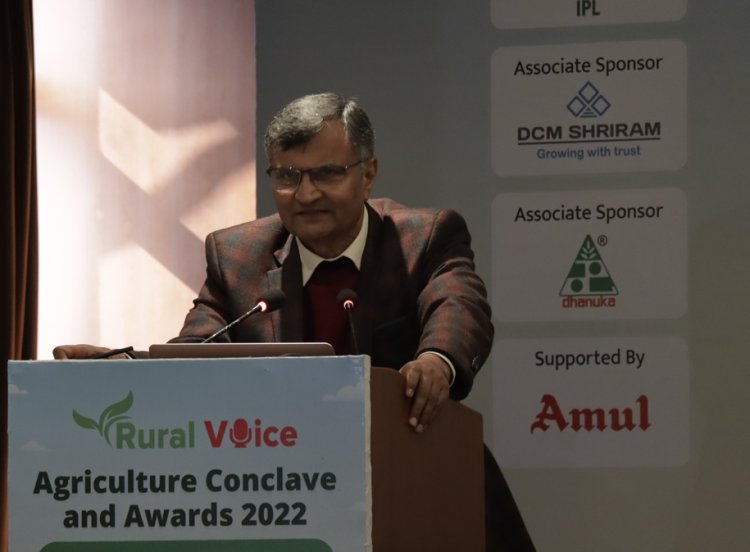
Niti Aayog member Prof. Ramesh Chand said that cultivators want MSP to get the best price for their produce and also to protect themselves from price fluctuations. However, "in my view, MSP is not the best price in all situations. It is definitely a stable price but not the best price. The best price comes from competition. If there is competition in the market, farmers can get the best price," he said.
The NITI Aayog member further said that maximum growth was being witnessed in those sectors where the government's intervention on the price front is minimum. To press his point, he cited the rapid and sustained growth witnessed in allied sectors like dairy, fisheries and horticulture.
Food subsidy will have to be doubled: Prof. CSC Sekhar
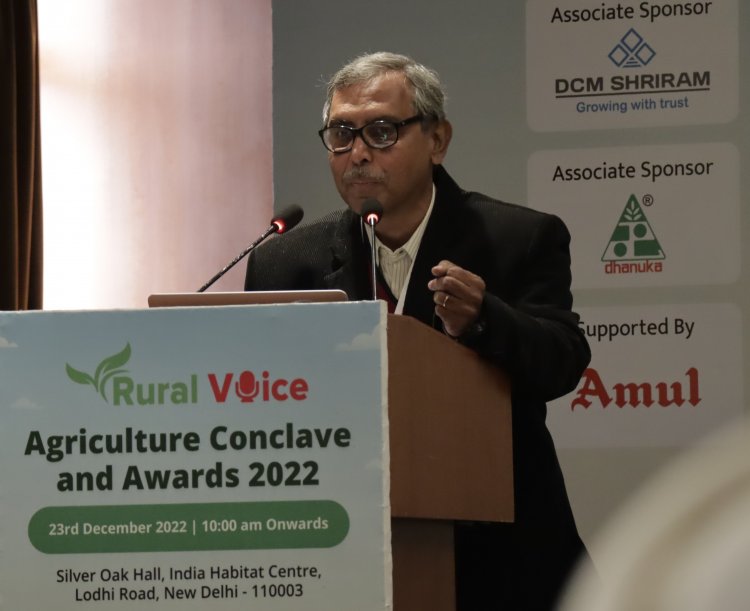
Prof. CSC Sekhar, Professor, Institute of Economic Growth (IEG), and Member, MSP committee, also said that the MSP issue was a complicated one. He said that the issue, like any other, merited three considerations: One, is it economically feasible? Two, do we have the administrative capability? And three, to what extent will it be judicially feasible?
He said that IEG had made some calculations on the basis of 2019-20 production. They have taken five cereals, five pulses and four oilseeds into account. They have found that if MSP were legalized for these 14 crops, the expenditure would be approximately Rs 3,40,000 crore per annum. Food subsidies would have to be nearly doubled.



 Join the RuralVoice whatsapp group
Join the RuralVoice whatsapp group

















